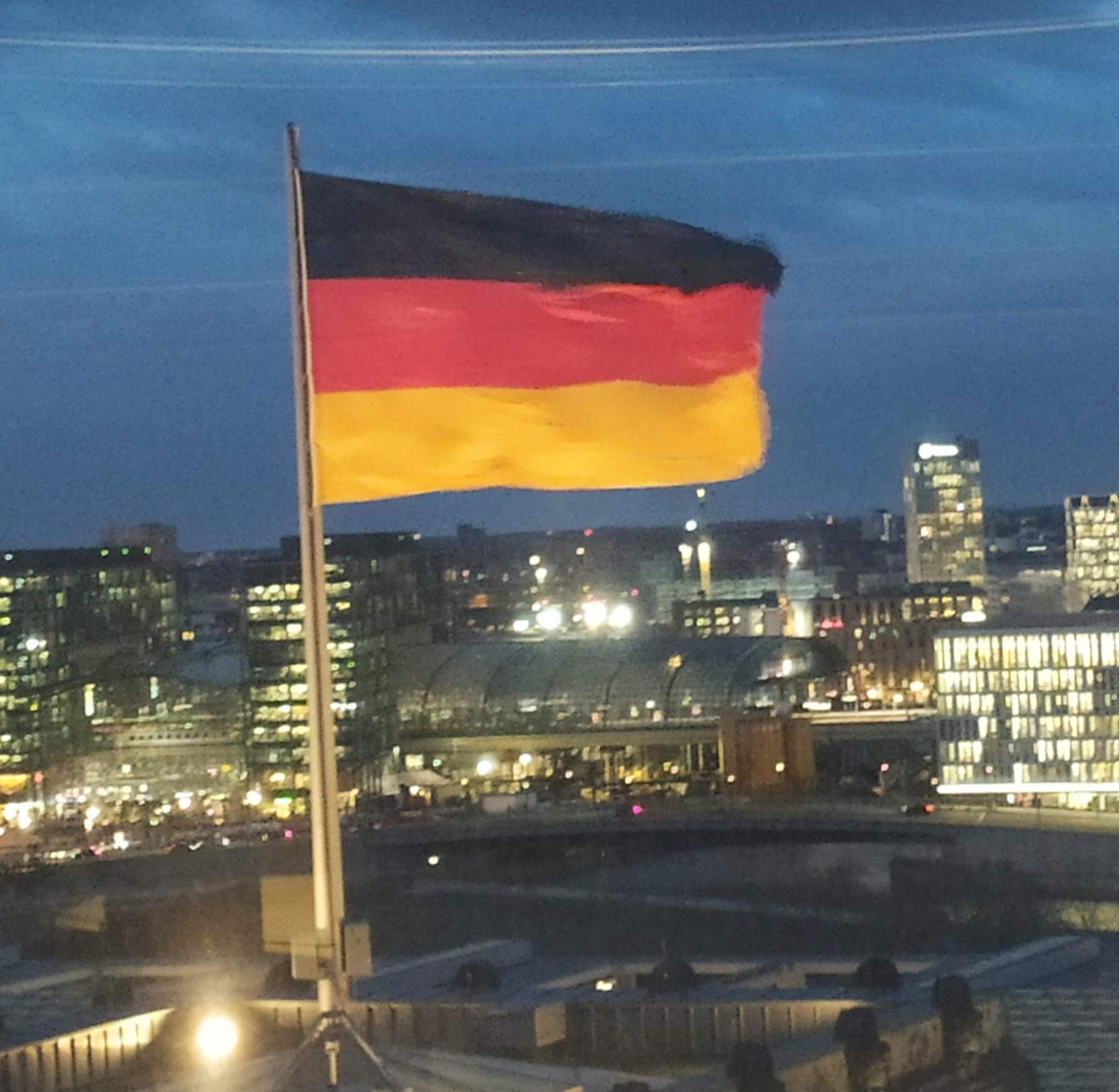

Und trotzdem sinkt weder der Zuspruch noch die Wahlergebnisse in der Bevölkerung. Faschismus is back.


Und trotzdem sinkt weder der Zuspruch noch die Wahlergebnisse in der Bevölkerung. Faschismus is back.


A very difficult interview considering that it’s pretty clear what will be happening but not official announced. Sad to see him go like this.
He was prime minister from 2003 to 2014 before initiating a constitutional referendum, creating a presidential system for him in 2014. Ball slapping happened 4 years into his prime minister government.


What’s with Starfield being so high in ranking? Since when are loading simulators for planets better than fanservice games for wizards and Japanese Game of Thrones copies?


Once again, my entire post opposes religious fanaticism, such as Zionism. And as well of atrocities of this conflict and an apartheid state created by Israel right wing politicians
Observe how many individuals, both here and across the internet, misunderstand the entire conflict, erroneously attributing atrocities committed by both sides to Jews in general. This is antisemitic and has no place in this context.
Both Palestinians and Jews have the right to peacefully share their country. Therefore, support the PLO instead of a terrorist organization like Hamas, which receives funding from Iran - another fanatic religious state.


Acknowledging Israel’s right to exist doesn’t negate Palestinian rights.
While the establishment of Israel was rooted in the need for a Jewish homeland after WWII, it’s crucial to distinguish between historical necessity and subsequent political actions. The shift toward right-wing Zionism has influenced policies, but blaming the entire state of Israel and Jewish people in general oversimplifies a complex history.
Don’t get me wrong: religion should be out of politics, and this unnecessary war should get to a full stop. Attacking the right of people to form states (that applies for Palestinians and Jews) is not a solution to this conflict. It only ends in more death and more wars.


I find it challenging to navigate comment sections on this topic.
Firstly, Israel has the right to exist and defend itself against terrorism.
Secondly, Hamas is a designated terrorist organization. There is no justification for supporting such a group, just as you wouldn’t sympathize with ISIS or the Taliban.
What we can agree on is that Israel’s current right-wing government, spanning the past 20 years, has implemented policies criticized for creating an apartheid-like situation for Palestinians. The support for radical settlers and resulting violence against Palestinians is a legitimate concern.
It’s crucial to separate criticism of the Israeli government’s actions from questioning the right of Israel to exist. Criticize the policies, be concerned about the treatment of Palestinians, and advocate for a two-state solution that respects the rights and aspirations of both Israelis and Palestinians. Removing religion and right-wing politics from the equation could pave the way for a more equitable and peaceful coexistence.


Conservatives playing the ‘woman card’ for votes, thinking it’ll sway centrists. Trump and DeSantis won’t clinch the broader base. Koch sees a chance to push their agenda with a female candidate, mirroring the success of Italian fascists with Meloni.


What unfolds in Moldova is a reflection of broader activities across Europe. Funds are channeled to far-right and fascist parties in numerous countries from Russia.
It’s worth noting that intelligence reports openly discuss this issue, yet there appears to be limited legislative action taken to stop corrupt money from entering politics.


deleted by creator


Honestly, it’s a far superior approach for European car makers than developing subpar software, pouring millions into it, and marketing it as a grand design while failing to get even the basics right.
Strategically, for Volkswagen, it’s crucial to test and consider using Android Automotive as an alternative to their proprietary software to remain competitive.
However, data privacy should not be overlooked.


It shows that even with right-wing policies, terrorism persists. Israel has the right to defend itself but should also seek peaceful solutions through negotiations with Palestinian groups to achieve long-term security.


When fascism gains ground and democrats adjust their rhetoric, how much value does democracy and human rights have in our world?


The Lisbon Treaty doesn’t outline an official process for removing a member state from the EU, but there are various ways to stop European funds from flowing into Hungary. Hit them where it hurts the most and keep this corrupt regime out of Europe.


$380k (US dollars) is nothing more than a slap on the wrist for Musk. Fines need to be higher and continuous to make a lasting impact on him, users, and advertisers.


It’s begun. Elon Musk(ovitch) has already disseminated anti-Semitic and false information to his followers in a now-deleted Twitter post.


I’m more concerned about the potential dangers of uncontrolled neoliberalism aligning with fascism than a society striving for equal rights and environmental protection.
It’s bewildering how people can demonize socialism while facing daily struggles to make ends meet in an unhinged capitalist society.


Provocative: Offering simplistic solutions in an ever-complex world.
Missed Opportunities: Failure to reform parliamentary and democratic institutions, as seen in Renzi’s unsuccessful attempt.
Post-2008 Fallout: Economic challenges exacerbated by Germany’s austerity policies, evident during the Covid pandemic.
Middle-Class Struggles: Ignored or worsened by neoliberal reforms, coupled with challenges of an aging society.
Disinformation Game: Undemocratic players like Russia and China exploit Western disparities to destabilize opinions.
In summary, it’s a confluence of economic, ecological, and political challenges ignored for years. Neoliberal and conservative leaders failed to prepare the public for these fast-approaching changes. The current era of transformation is overwhelming, with parties seeking change challenging the status quo.
Right-wing and fascist parties globally tap into the frustration, promoting a familiar narrative: “Return to simpler times by blaming refugees, migrants, trans, homosexuals, and others. We offer stability and structure.” It’s a playbook used a century ago and likely to resurface in the next crisis.


That’s what you get when you vote dumb fascist politicians into power. I bet it’s not the first time some erratic explanation was given from one of those right wing politicians.
Come on, people here need to read the article and not just headlines:
And further